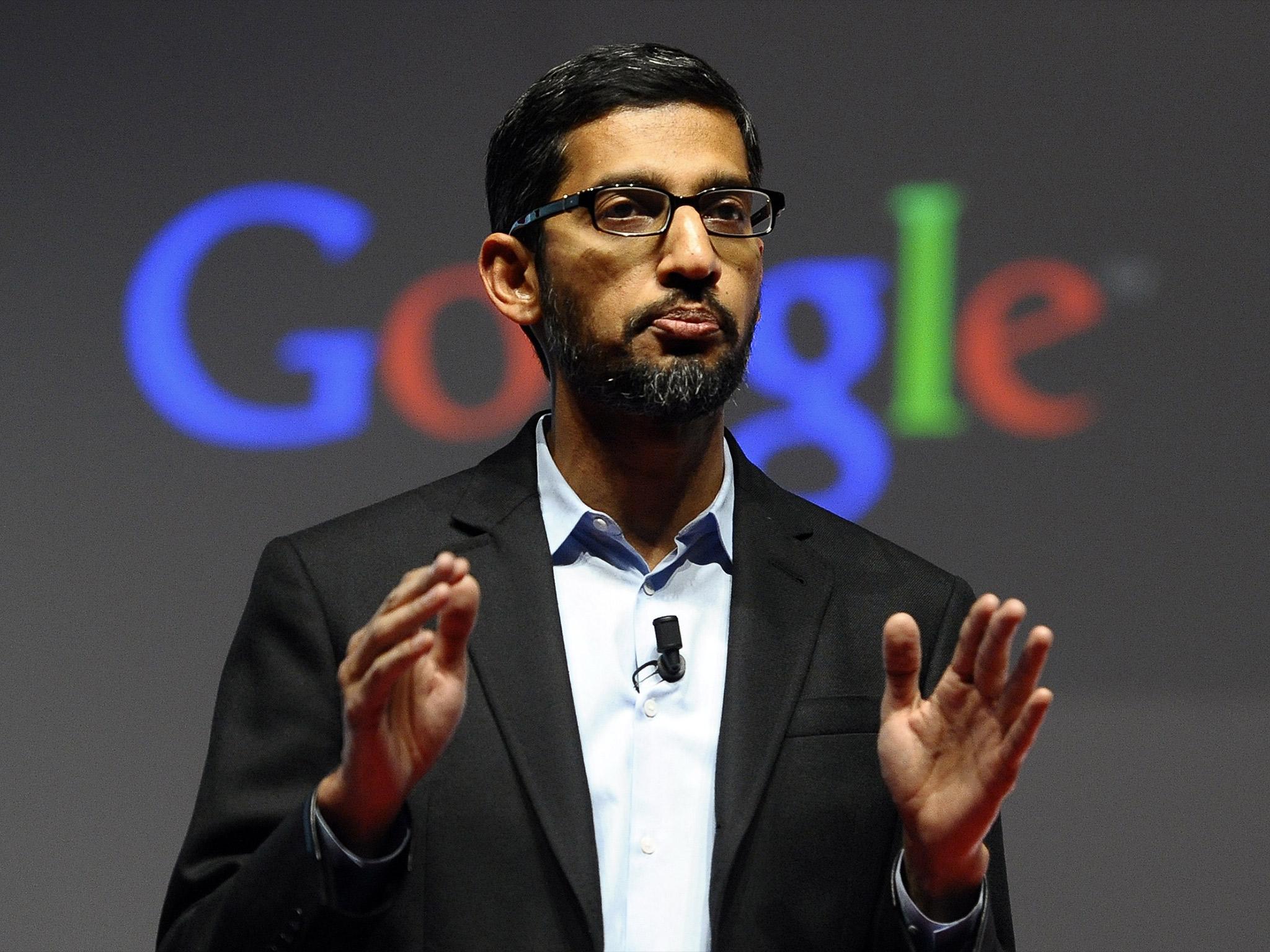Google won't pay more tax until the law changes, CEO Sundar Pichai says
Google pays taxes in Ireland, where it is charged at a lower rate

Google CEO Sundar Pichai has defended the company's tax practices and said it won't be paying any more tax unless international tax law is changed.
Pichai said Google has already invested "very heavily" in Europe, where it employs 14,000 people.
“As a global company, we find ourselves between the conflicting priorities of international tax law," he told German newspaper Welt am Sonntag.
He said the current structure means that most companies pay the bulk of their taxes in their home countries.
He also said Google respected these laws and that governments would have to make changes if they wanted to keep more revenue at home.
“Only the further development of the global tax system by politicians can lead to better results,” he said.
His comments come after Google's Paris headquarters were raided as part of a tax payment probe in May, followed by further searches at Google offices in Madrid in June. Tax officials are hoping to prove that Google has unpaid taxes on sales it has made in these countries.
Google pays taxes in Ireland, where it is charged at a lower rate, and is accused of owing €1.6bn in unpaid taxes in France
George Osborne, the former Chancellor, was criticised for striking a tax deal with Google in January, in which it agreed to pay £130m for 10 years of tax.
Critics said that under these terms Google was in effect paying just 3 per cent tax for its operations in the UK.
Pichai warned that the UK's decision to leave the EU may complicate regulation and make it difficult for internet companies to make sense of the rules.
“As companies we see great value in Europe as a unified digital market,” he said, warning that it was a challenge to keep up with varying laws and regulations in every country. “The complexity makes a bigger commitment difficult, which can be seen in investments,” he added.
Join our commenting forum
Join thought-provoking conversations, follow other Independent readers and see their replies
Comments
Bookmark popover
Removed from bookmarks